Fix Our Forests Act Edges Closer to Law
The “Fix Our Forests Act of 2025,” which will improve forest management, reduce wildfire risk and protect critical infrastructure, was passed out of a U.S. Senate committee.
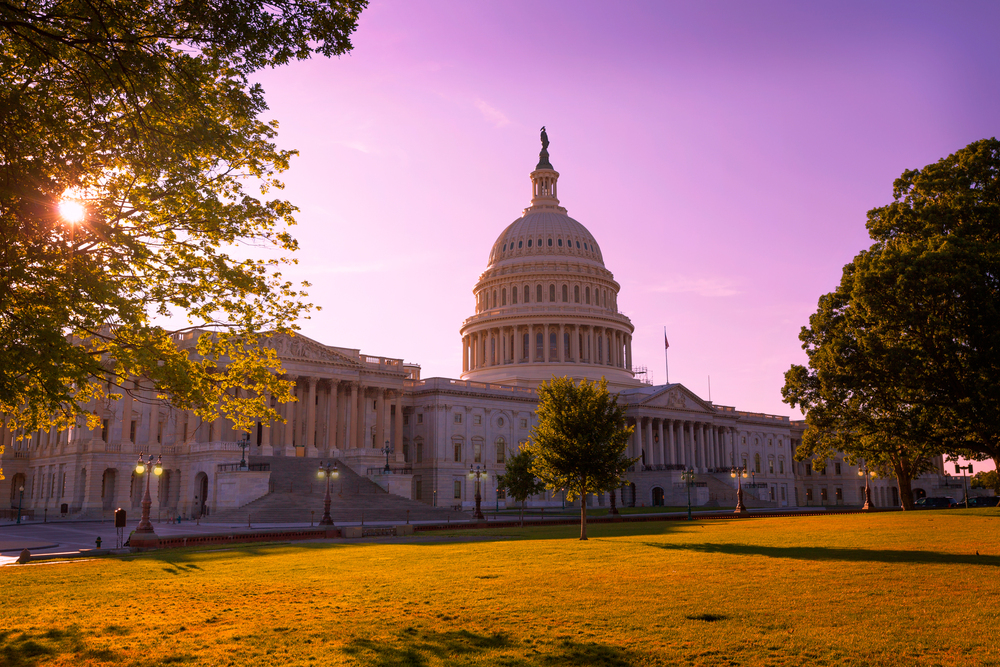
The “Fix Our Forests Act of 2025,” which will improve forest management, reduce wildfire risk and protect critical infrastructure, was passed out of a U.S. Senate committee.

Insurance agents who embrace risk mitigation technologies can strengthen underwriting, deliver value to customers and differentiate their service.

From hurricanes in the Southeast, wildfires in the West and severe convective storms in between, catastrophes are a defining feature of the current insurance landscape and are changing property insurance.
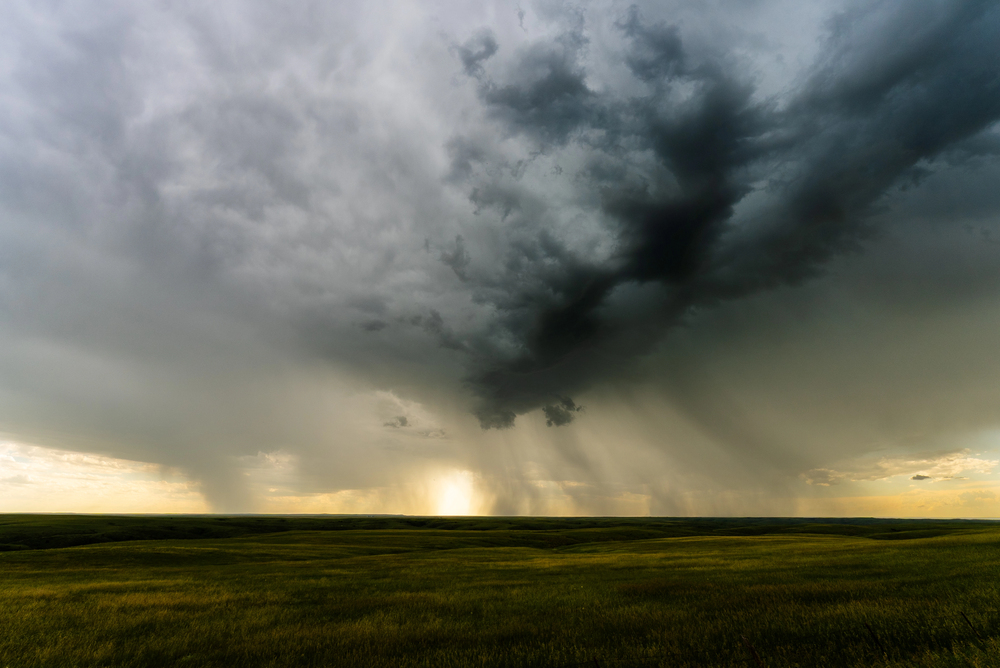
September highlighted the impact of nuclear and thermonuclear verdicts on the commercial auto market, signs of improvement in the property & casualty industry, and the Big “I” welcoming Angela Ripley as the new chair.

Catastrophe season can stretch even the most experienced insurance professionals to their limits. Between managing claims and fielding urgent questions, staying organized and efficient becomes key to success.
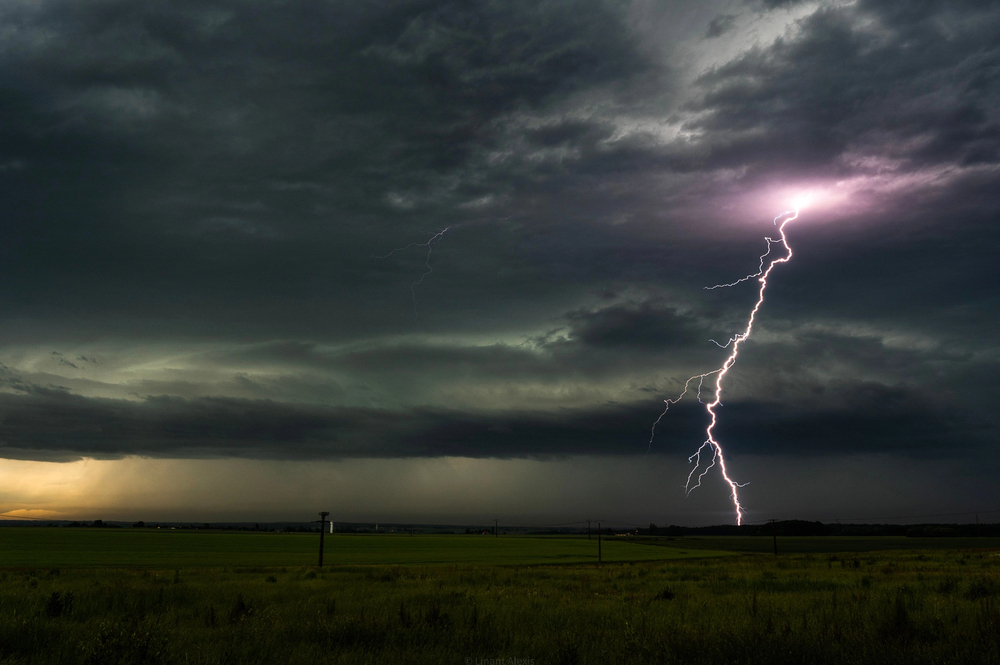
Homes at risk during the 2025 wildfire season represent a combined reconstruction cost value of $1.3 trillion.
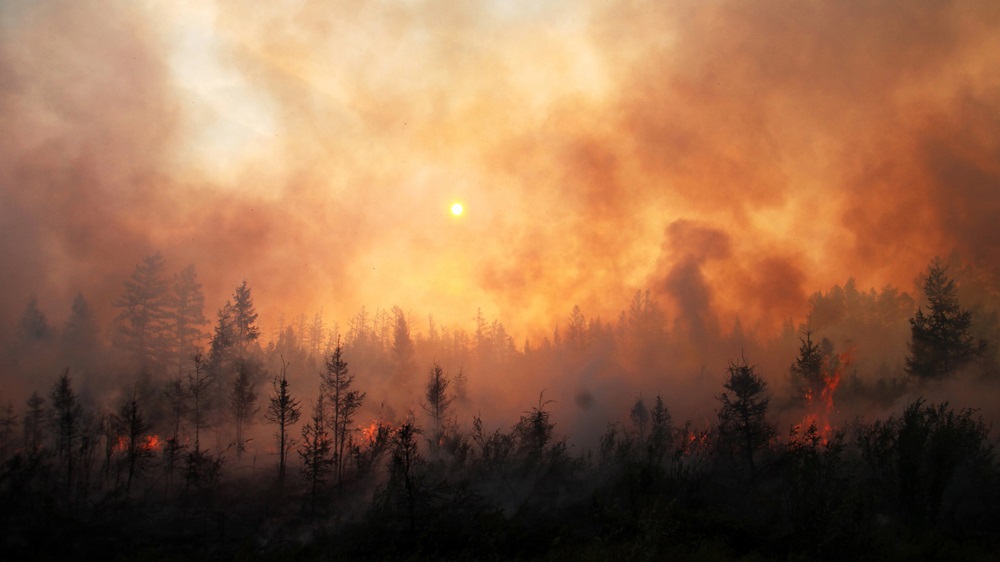
With ongoing wildfires in the West and an above-average Atlantic hurricane season predicted, it’s essential for independent insurance agents to educate clients on how their policies can cover evacuation-related expenses.
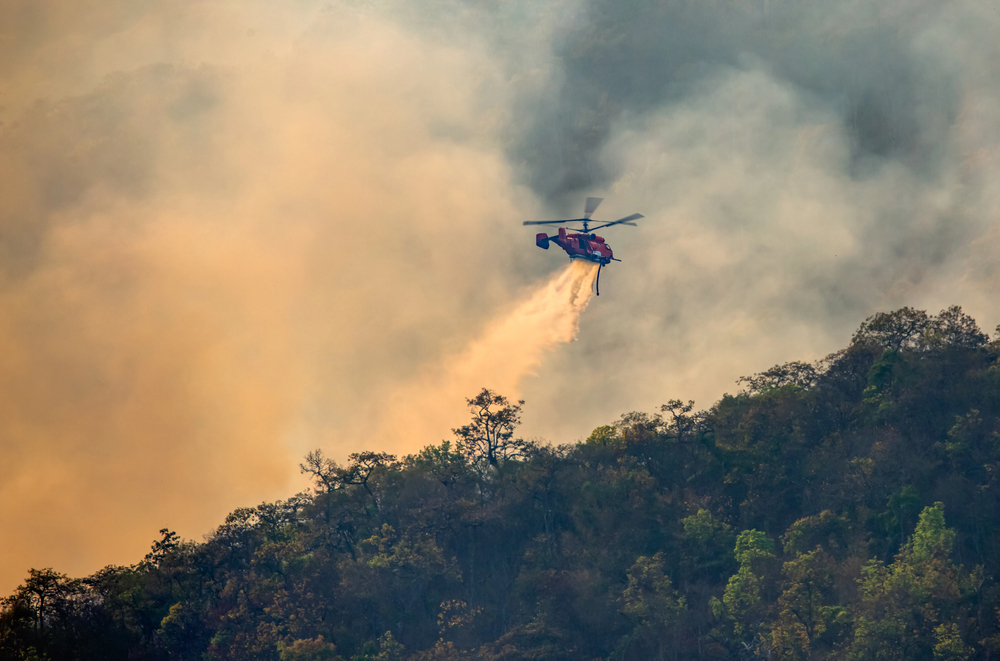
Nearly 85% of single-family homes at risk of flooding in the U.S. carry insufficient coverage, leaving households vulnerable to thousands of dollars in out-of-pocket costs, according to Neptune Flood.

One thing is clear when it comes to catastrophes: Business as usual is no longer an option. Agents are in a prime position to become vocal leaders shaping resilience strategy on a community level.

Insurance offices can stay open and keep operating even when power is down in the area. Don’t be left in the dark.
